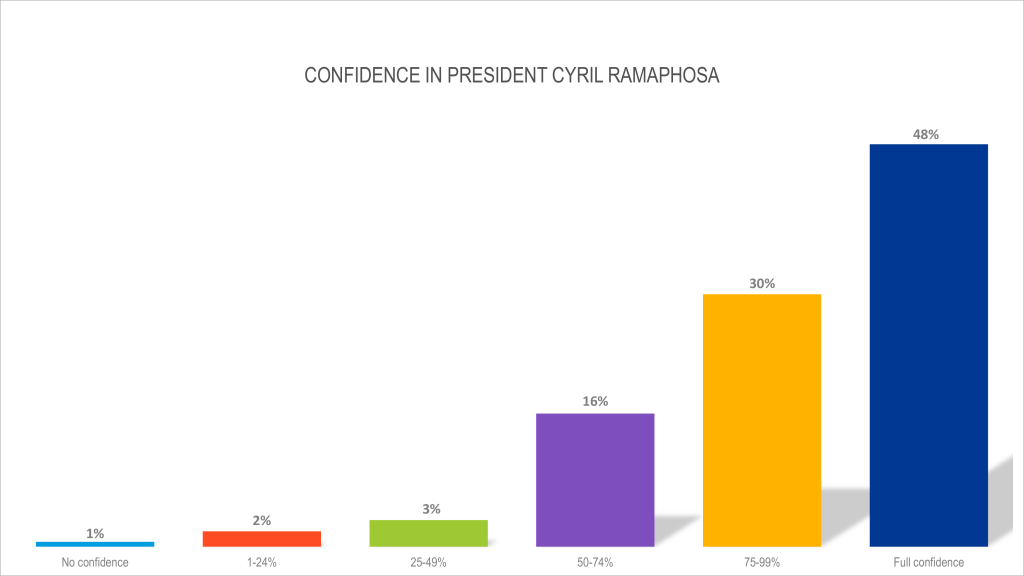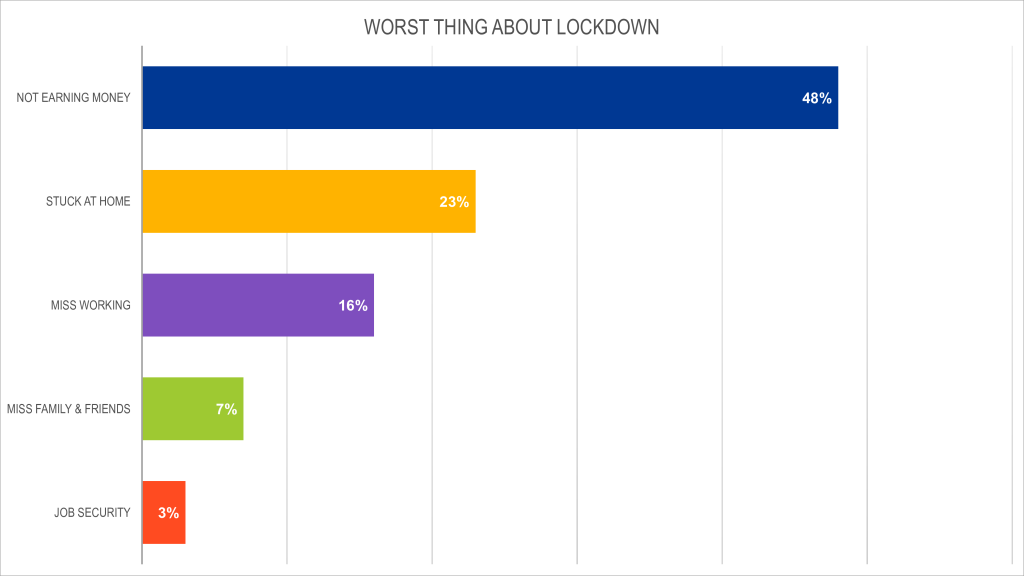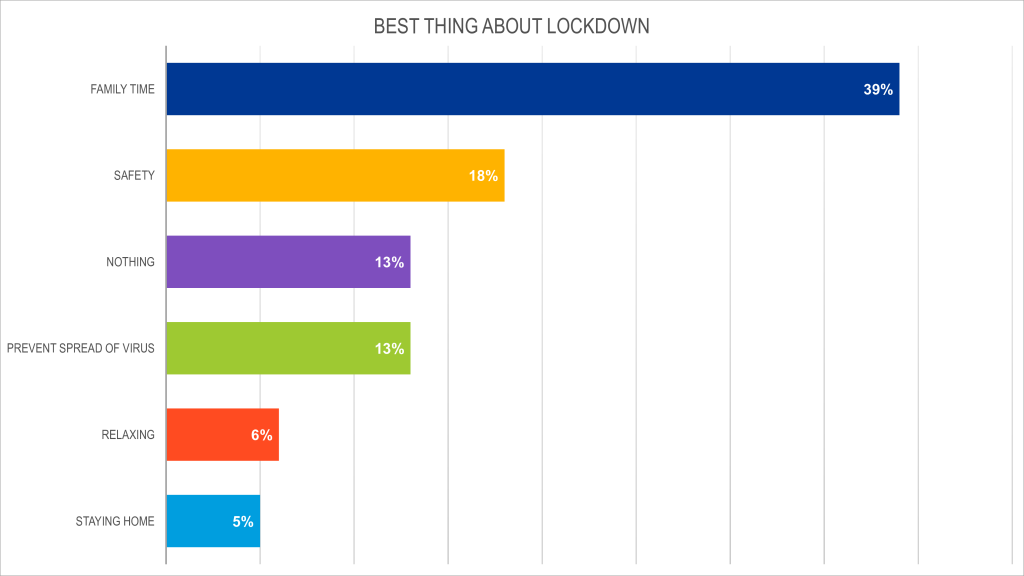
Cellular industry staff more confident in the presidency
BMi Research conducted a survey at the end of April, amongst 1035 cellular sales agents and store managers*. This was to ascertain perceptions of the lockdown in the cellular industry.
Towards the end of level 5 lockdown, the sample had 86% confidence in President Cyril Ramaphosa, slightly higher than 79% confidence noted by a national South African sample over the Easter weekend (Easter Un-usual). Almost half the sample had full confidence in the president.
68% of the agents and managers believed that a cellular store should be an essential service during level 5 lockdown. This is driven by almost half the respondents saying that the worst thing about the lockdown is an inability to earn money. Around a quarter of respondents do not enjoy being stuck at home and 16% miss going to work.
83% of the respondents agree with a phased approach to end the lockdown with 39% saying the best thing about lockdown is spending time with family and 18% citing safety as a benefit. 13% do not believe there is any benefit to the lockdown at all.
South Africa has since entered level 4 of the lockdown and there are strict rules for public transport. Travel becomes an added stress for those eager to get back to business as usual. In the cellular industry, half the sales agents and store owners (51%) rely on public transport to get back to normal business. One can safely assume that people eager to return to work for both job security and a regular income, will continue to find ways to overcome these challenges, despite the dangers of the possible spreading of the coronavirus.
| Jenni-Ruth Coggin, Key Account Manager at BMi Research
Contacts:
Kevin Kruger, [email protected]
Cindi Collett, [email protected] Danie Botha, [email protected] Jenni-Ruth Coggin, [email protected]
*The survey was conducted in the last week of April 2020 amongst 1035 cellular sales agents (85%) and store managers (15%). 45% work at Vodacom stores, 32% at MTN stores and 23% at Telkom stores. 52% were aged 26-34 years and 48% were over 35 years old. 59% were females. There was a representative distribution across the region.




